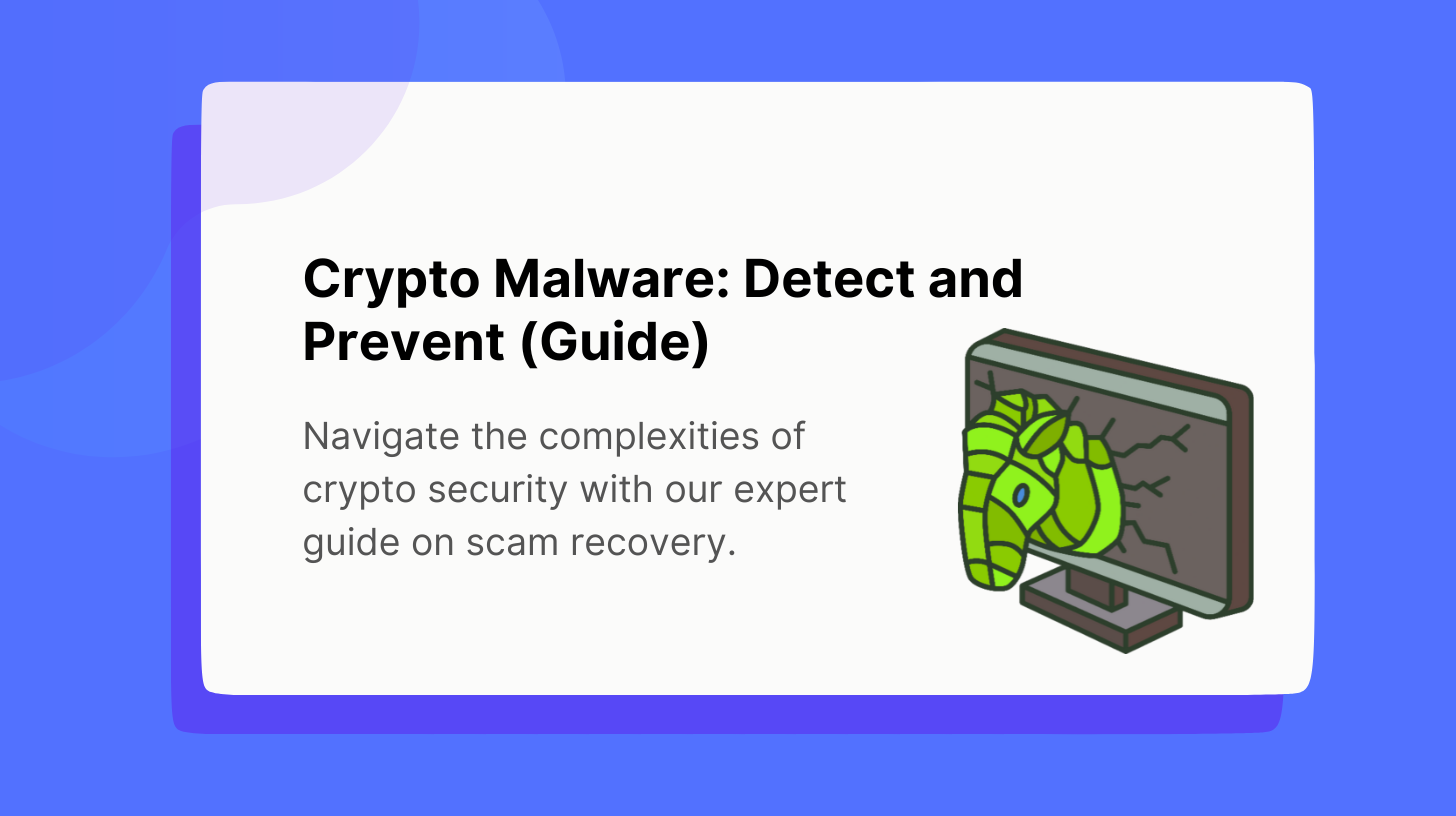Welcome to our 2024 guide to the best cryptocurrency hardware wallets available on the market. Protecting your digital assets is our primary concern, and a hardware wallet provides an essential layer of security, ensuring that your cryptocurrencies are safe from potential threats.
Pros and Cons of Hardware Wallets
When considering hardware wallets, weighing their pros and cons is important to determine if they align with your security and usability preferences.
Pros of Hardware Wallets
- Enhanced Security: Hardware wallets offer a higher level of security compared to software wallets or exchanges. They store private keys offline, keeping them isolated from potential online threats such as hacking or malware attacks.
- Protection against Physical Theft: With hardware wallets, your private keys are stored on a separate device, reducing the risk of physical theft. Even if someone gains access to your wallet, they would still need the PIN or passphrase to access your funds.
- Support for Multiple Cryptocurrencies: Most hardware wallets support a wide range of cryptocurrencies, allowing you to store various assets in one secure device.
- User-Friendly Interfaces: Hardware wallets are designed with user-friendly interfaces, making it easier for beginners to navigate and manage their digital assets securely.
- Compatibility with Mobile Devices: Many hardware wallets now offer mobile compatibility, enabling you to manage your cryptocurrencies conveniently through companion apps on your smartphone.
Cons of Hardware Wallets
- Cost: Hardware wallets often come with a price tag, which can be a deterrent for some users. However, the investment in security and peace of mind is often worth the cost.
- Physical Loss or Damage: As hardware wallets are physical devices, there is a risk of loss or damage. It’s crucial to keep your wallet in a safe place and create backups of your recovery phrases or seed words.
- Learning Curve: Some hardware wallets may have a learning curve, especially for users who are new to cryptocurrencies. Familiarizing yourself with the setup process and security features may take some time and effort.
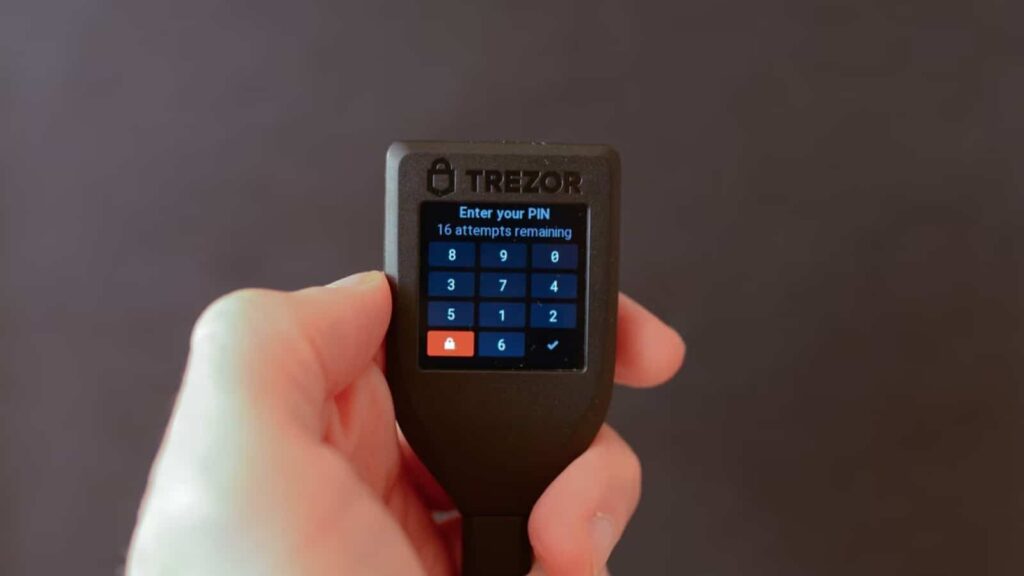
Trezor Model T – The Premium Option
Trezor Model T is an advanced cryptocurrency hardware wallet offering top-tier security. Designed to provide the highest level of protection for your digital assets, Trezor Model T supports over 1600 coins, including Bitcoin, Ethereum, and many other cryptocurrencies.
Key features include a full-color touchscreen, an intuitive interface, and PIN protection, which ensures that your assets are secure even if your device is lost or stolen. With its open-source software and firmware, Trezor Model T promotes transparency and reliability.
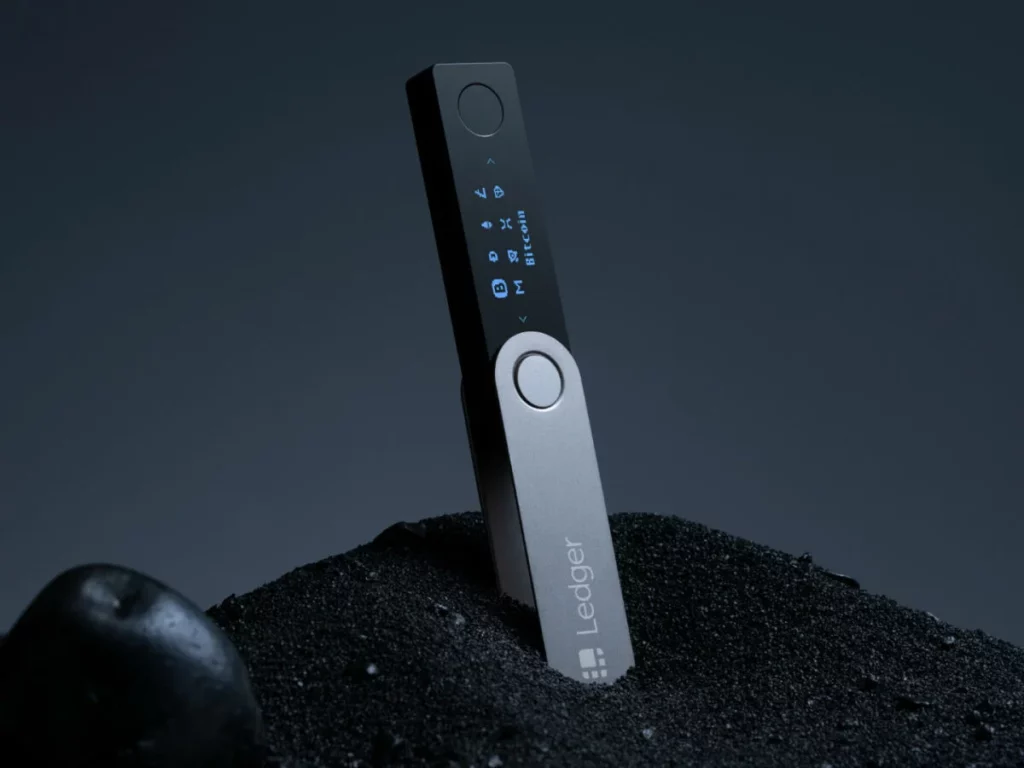
Ledger Nano X – Seamless Mobile Experience
The Ledger Nano X is an exceptionally secure, Bluetooth-enabled hardware wallet that supports a wide array of cryptocurrencies. Its robust design, combined with state-of-the-art security features, protects your crypto assets against both physical and digital threats.
Equipped with a large screen for easy navigation and verification, Ledger Nano X also provides a seamless mobile experience via its dedicated Ledger Live mobile app, which enables you to manage transactions and check balances on the go.

Coldcard MK3 – Bitcoin Focused Security
The Coldcard MK3 offers an unrivaled Bitcoin-focused security approach. It utilizes a specialized chip to store your private keys offline, ensuring they never leave the device. This makes the Coldcard MK3 one of the most secure hardware wallets for Bitcoin holders.
Despite its laser focus on Bitcoin, Coldcard MK3 does provide support for other cryptocurrencies, albeit through a less user-friendly interface. It requires more technical knowledge than its competitors, making it more suitable for experienced users.
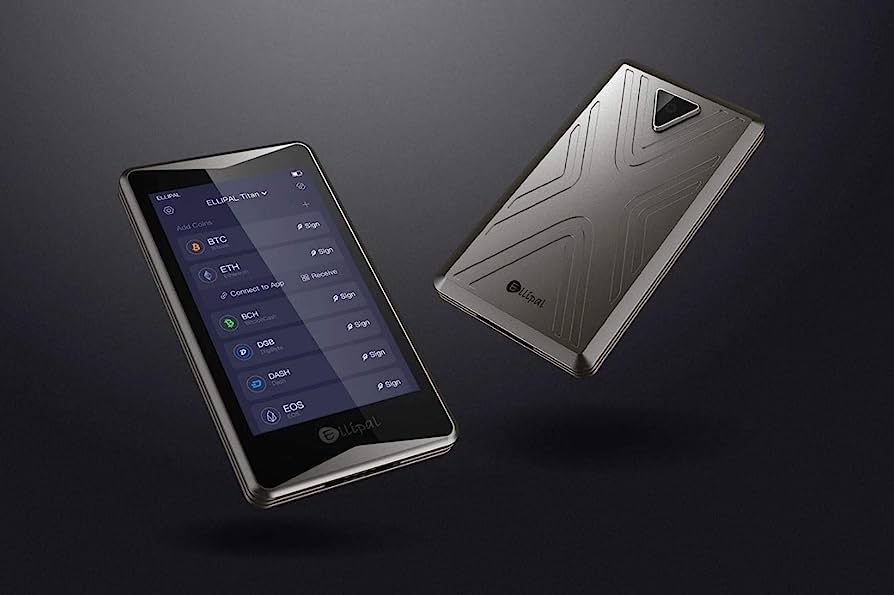
Ellipal Titan – Absolute Isolation
The Ellipal Titan is a robust, mobile-oriented hardware wallet designed to provide absolute isolation for your digital assets. This isolation is achieved by eliminating all physical connections, including USB and Bluetooth, ensuring your private keys never leave the device.
The wallet supports a multitude of cryptocurrencies and features a large, clear screen for easy operation. Ellipal Titan pairs with a companion mobile app, allowing for convenient management of your assets on the go.
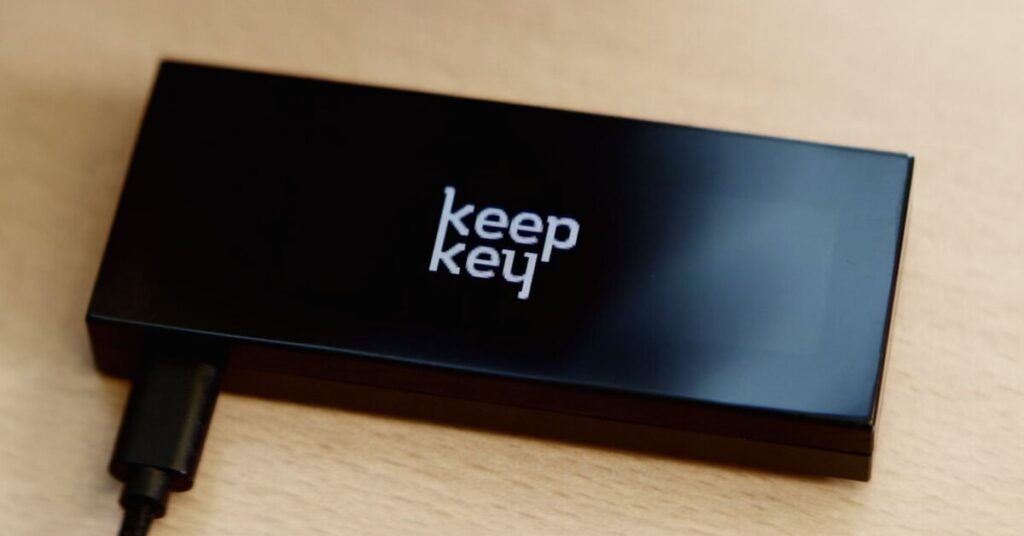
KeepKey – Value for Money
KeepKey is a user-friendly hardware wallet providing an excellent balance between cost and security. With its straightforward interface, KeepKey is ideal for beginners entering the world of cryptocurrencies.
Though less feature-rich than some of its competitors, KeepKey supports a wide variety of cryptocurrencies. The wallet integrates seamlessly with the ShapeShift platform, allowing for direct trading of digital assets from the security of your wallet.
How to Choose the Right Hardware Wallet
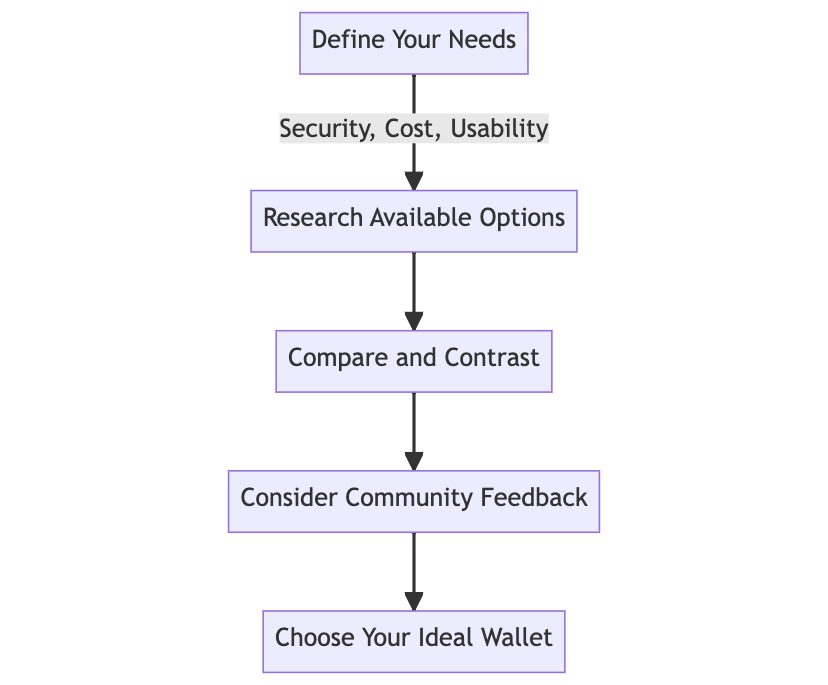
Choosing the right hardware wallet for your needs can be a complex task. Start by defining your needs in terms of security, cost, and usability. Then research the available options and compare them based on your criteria. Consider community feedback and reviews from trusted sources before making your final decision.
Securing Your Hardware Wallet
To keep your hardware wallet secure, it’s essential to follow best practices and implement robust security measures. Here is how you can enhance the security of your hardware wallet:
Learn more: Cold Storage
- Secure Physical Storage: Properly storing your hardware wallet is crucial for its security. Keep it in a safe and secure location, such as a locked drawer or a secure safe. Protect it from physical damage, extreme temperatures, and moisture. Additionally, consider keeping multiple copies of your recovery seed phrase in separate secure locations, such as a safety deposit box or a fireproof safe.
- Use Strong Authentication: Strengthen the authentication process for accessing your hardware wallet. Set a strong PIN code or passphrase that is unique and not easily guessable. Avoid using common numbers or patterns. Ensure that only you know the PIN or passphrase, and never share it with anyone. Furthermore, enable any additional authentication features provided by your hardware wallet, such as two-factor authentication (2FA) or biometric verification, to add an extra layer of protection.
- Stay Vigilant Against Phishing Attacks: Be cautious of phishing attempts aimed at stealing your hardware wallet information. Always double-check the authenticity of the websites you visit and ensure you are using the official wallet manufacturer’s website or trusted resellers. Avoid clicking on suspicious links or downloading software from unverified sources. Be wary of unsolicited emails or messages requesting your wallet information, as legitimate wallet providers will never ask for your sensitive information in such a manner.
By implementing these security measures, you can significantly enhance the protection of your hardware wallet and safeguard your valuable cryptocurrencies from potential threats. Remember, maintaining the security of your hardware wallet is an ongoing process, so stay informed about the latest security practices and regularly update your wallet’s firmware to benefit from the latest security enhancements.
Final Thoughts
Securing your digital assets should be your priority when engaging with cryptocurrencies. A reliable hardware wallet acts as a robust line of defense against potential threats. Whether you prioritize security, user experience, or cost efficiency, there’s a hardware wallet on our list to match your needs. Choose wisely, and let the world of cryptocurrencies unfold before you.




